Through the pages of history, we have often found talent among humanity that transcended our thoughts, changed our perceptions and fuelled our imagination.
In recent times in sport, we witness the talent and artistry of Roger Federer on the tennis court and Tiger Woods on the golf course. In performing arts, the plethora of movie-making talent of Hollywood has entertained and engaged our hearts and minds for decades.
In the most recent decade, the musical ingenuity of a concert pianist is resonating in concert halls around the world from the Royal Albert Hall in London to the Carnegie Hall in New York. And on last Friday, 10 June 2011, after a seven-year lapse, the virtuosity that is Lang Lang returned to the main concert hall of the Sydney Opera House, playing Sergei Rachmaninoff’s piano concerto no. 2 in C minor.
Rachmaninoff’s piano concerto no. 2 in C minor
”Music is enough for a lifetime, but a lifetime is not enough for music” – Rachmaninoff
There is something mysterious about this piano concerto that fuels my emotions no matter how many times I listen to it. Perhaps it is the dark haunting melodic lines, the grandeur and passion of the orchestration or the stark contrast of beautiful colours between movements.
Or it could simply be the creative genius of Rachmaninoff who dedicated the success of this piano concerto to Russian physician Nikolai Dahl, who helped the composer recover from several years of deep clinical depression as a result of his “failed” first symphony composed immediately before this masterpiece.
The video above is a synopsis in 2004 by Lang Lang who played this piece at the Great Hall of Moscow Conservatoire, where he describes the music as “makes you start dreaming”, “always under pressure”, “not comfortable”, “huge lines that shows the beauty of this big country and the Russian soul”.
Lang Lang’s interpretation of Rachmaninoff’s piano concerto no. 2 in C minor, 10 June 2011, Sydney Opera House
I have now heard three different pianists play this piano concerto at the Sydney Opera House – Vladimir Ashkenazy, the current conductor of the Sydney Symphony Orchestra, Cristina Ortiz and now Lang Lang. I only vaguely remember Ashkenazy’s interpretation as it was in the 1980s that I attended the concert as part of an assignment for my music elective in high school.
Tonight’s program is conducted by Jahja Ling, an Indonesian born American conductor who won the Jakarta Piano Competition at 17 and a year later was awarded a Rockefeller grant to attend the Julliard School, where he studied piano with Mieczyslaw Munz and conducting with John Nelson.
Lang Lang played the opening passage as broad as it could be, with his distinctive emphasis of the left hand octaves to simulate the tolling of Russian bells in Moscow.
On tonight’s performance, I find Lang Lang’s interpretation to be distinctive with much rubato playing to accentuate melodic lines and tempo variations to bring contrast. His interpretation tonight is decisively more subdued than his recorded version in July 2004 with the Orchestra of the Mariinsky Theatre under conductor Valery Gergiev. However, this is not to say it is any less dramatic.
What was perhaps more telling is his pianistic ability to articulate some of the delicate and complicated filigree of melodic motives and his attempt to connect with the audience.
It should also be noted that Lang Lang was only 22 years old in 2004 and perhaps tonight’s interpretation is a signal towards greater maturity in his playing where the “Russian soul” is being consciously communicated with a little more poise and balance.
It is difficult to compare the acoustics of the concert hall of the Sydney Opera House with other prominent music halls around the world but suffice to say it can be significantly improved.
Below is the full rendition of this piano concerto performed by Lang Lang.
Encore
Lang Lang played Chopin’s etude in F minor Opus 25 no. 2 as an encore.
This is a relatively difficult piece to play well because of polyrhythms where the right hand plays quaver triplets while the left hand plays crotchet triplets. Lang Lang’s playing of the continuous right hand triplets with deft speed and extreme legato whilst succinctly accentuating each note of the melody is anything short of bewildering.
The video below is an interpretation of this etude by a seven-year old pianist.
As a classical musician, Lang Lang dares to push the traditional boundaries observed by many pianists. In doing so, he has also attracted criticism from purists who are used to convention. This group of listeners find it difficult to think outside the box and sometimes feel threatened when the orthodox is being challenged.
To me, Lang Lang should be commended for his courage in pushing these boundaries which conformist musicians are limited by. His playing offers fresh perspectives and many listeners are uncomfortable because they lack the imagination and creativity to conceive new ideas.
Music is not a science and whilst there are boundaries, flexibility and how we define our own relationship with music should be the key to greater appreciation.
Famous adaptations of Rachmaninoff’s music
The famous and song of the 70s “All By Myself” by Eric Carmen in the video above borrows heavily from melodic motives of the second movement of this piano concerto where Carmen thought was in public domain.
Eventual agreement with the Rachmaninoff estate meant later writing credits also acknowledged the composer in addition to Carmen. Growing up as a 70s kid helps as this beautiful song transports me back to my childhood.
”Full moon and empty arms” is another popular song by Buddy Kaye and Ted Mossman and is based on a melodic motive in the third movement of this piano concerto.
The best known recording of this song was made by Frank Sinatra in 1945 in the video above and a host of other singers in later years.
My personal favourite is Caterina Valente singing this beautiful tune in the video above because I remember my parents have an LP of this recording in the 70s.
Lang Lang International Music Foundation
”Through music I want children to see a different dimension of life. I want to show them how music can help them achieve their dreams” – Lang Lang
Hailed as “the biggest, most exciting young keyboard talent I have encountered” by a Chicago Tribune music critic, Lang Lang counts his career highlight to be his performance at the opening of the Beijing Olympic Games in 2008 which was reportedly viewed by more than 2 billion people around the world.
He is also the first chinese concert pianist to be engaged by both the Berlin and Vienna philharmonic orchestras.
In October 2008, he launched the Lang Lang International Music Foundation with the support of the Grammys and UNICEF. The mission of the foundation is to enrich the lives of children around the world through a deeper understanding and enjoyment of classical music.
Due to his world-wide popularity, Lang Lang has reportedly inspired up to forty million children to start playing the piano in his native China.
Related posts:
- About Sergei Rachmaninoff
- Rachmaninoff Etudes – Tableaux Opus 39 – Little Red Riding Hood
- Rachmaninoff Prelude in G major, Opus 32 no. 5
- Evgeny Kissin plays Liszt, Sydney Opera House
Related links:
Sydney Opera House
Performance Enquiries & Bookings
Tel: +61 2 9250 7777
Monday to Saturday: 9am – 8.30pm AEST
Sunday: 10am – 6pm
Sydney Symphony
Box Office & Customer Service
Tel: +61 2 8215 4600
The official website of Lang Lang – Lang Lang.com
Lang Lang International Music Foundation

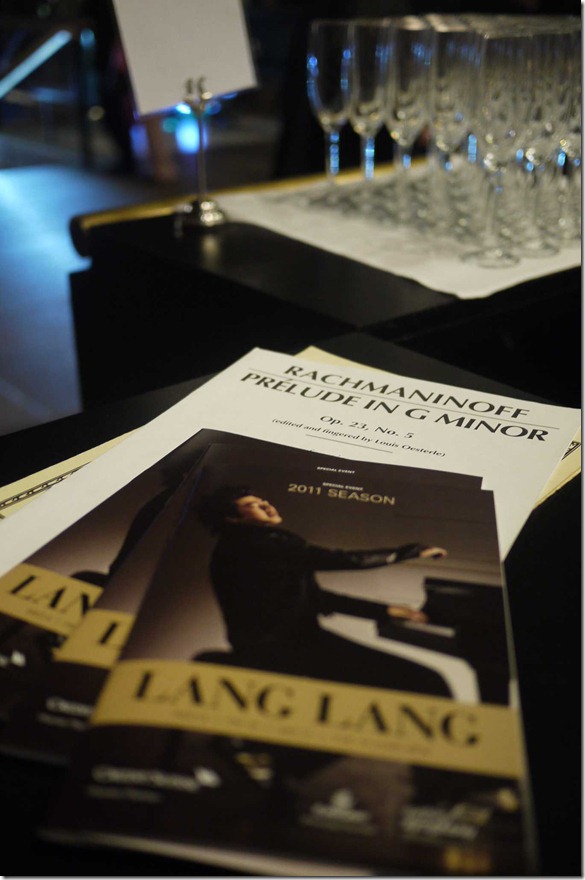








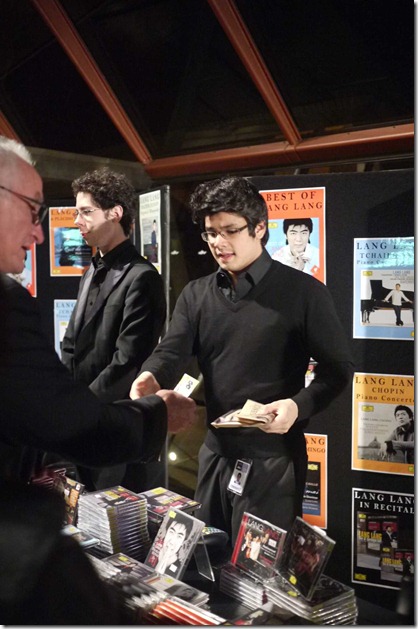




















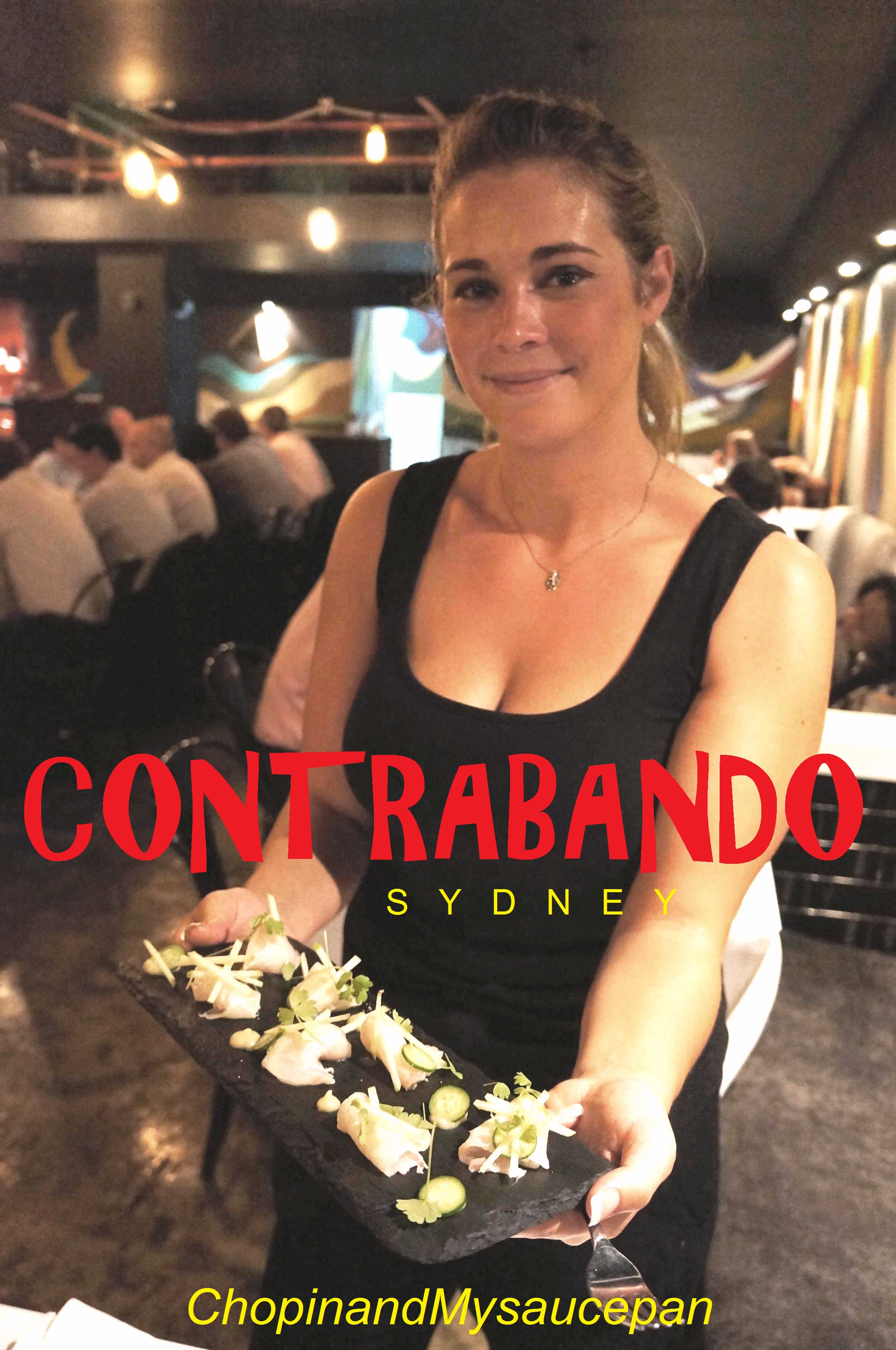












































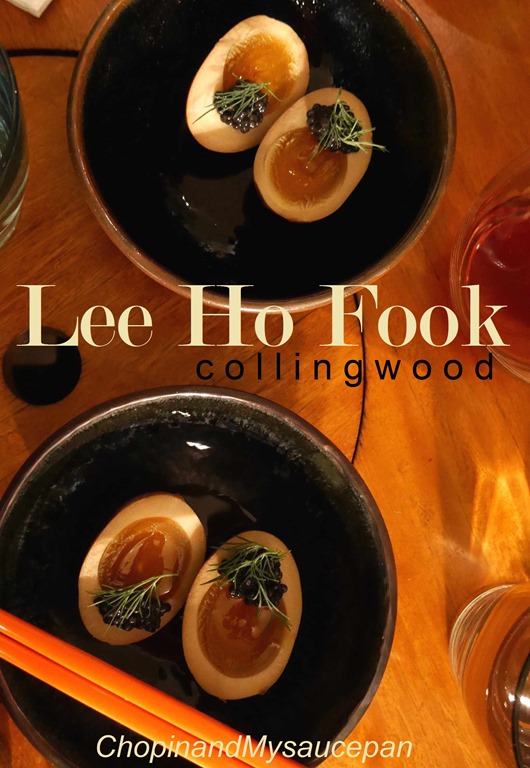


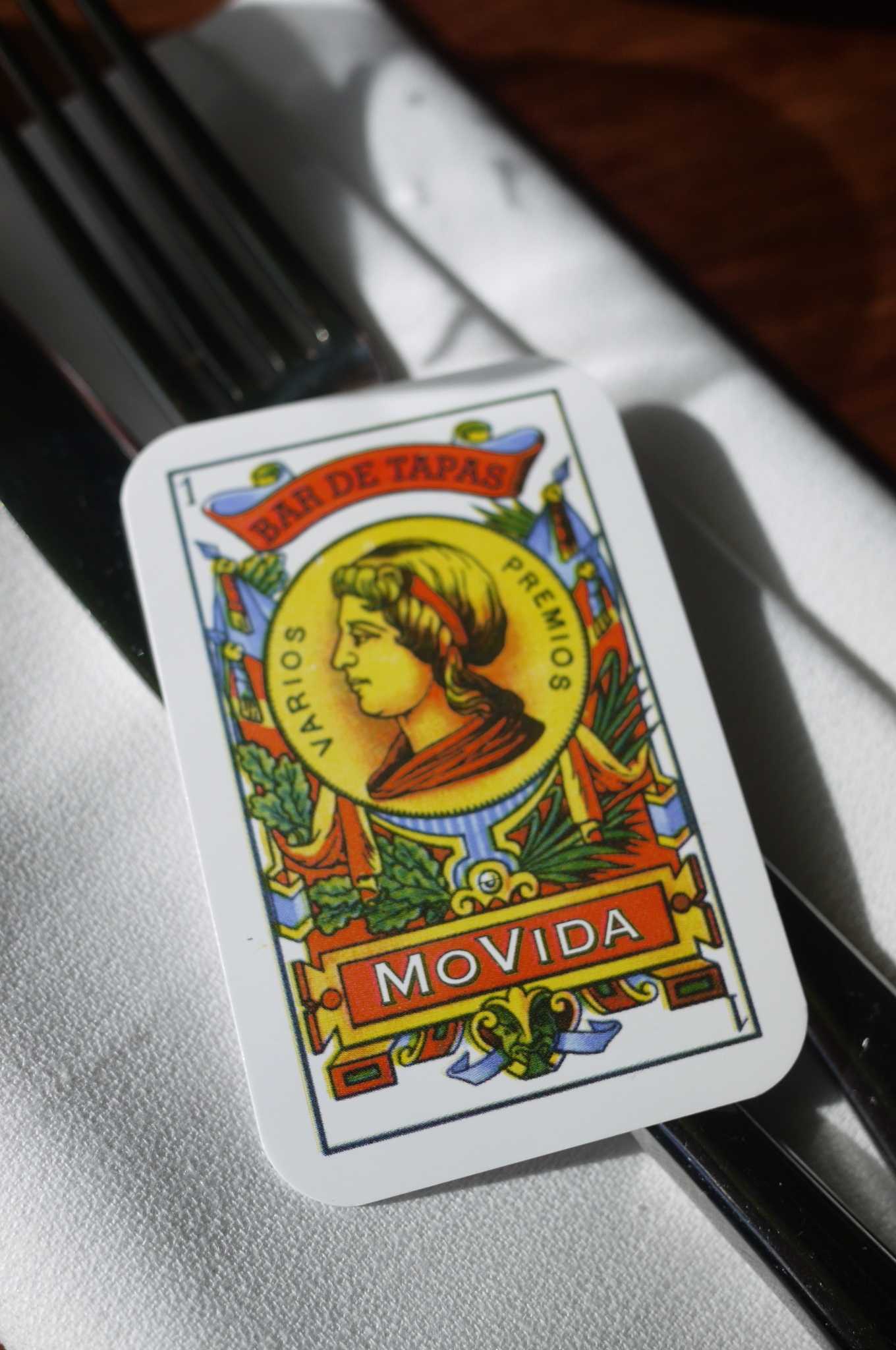








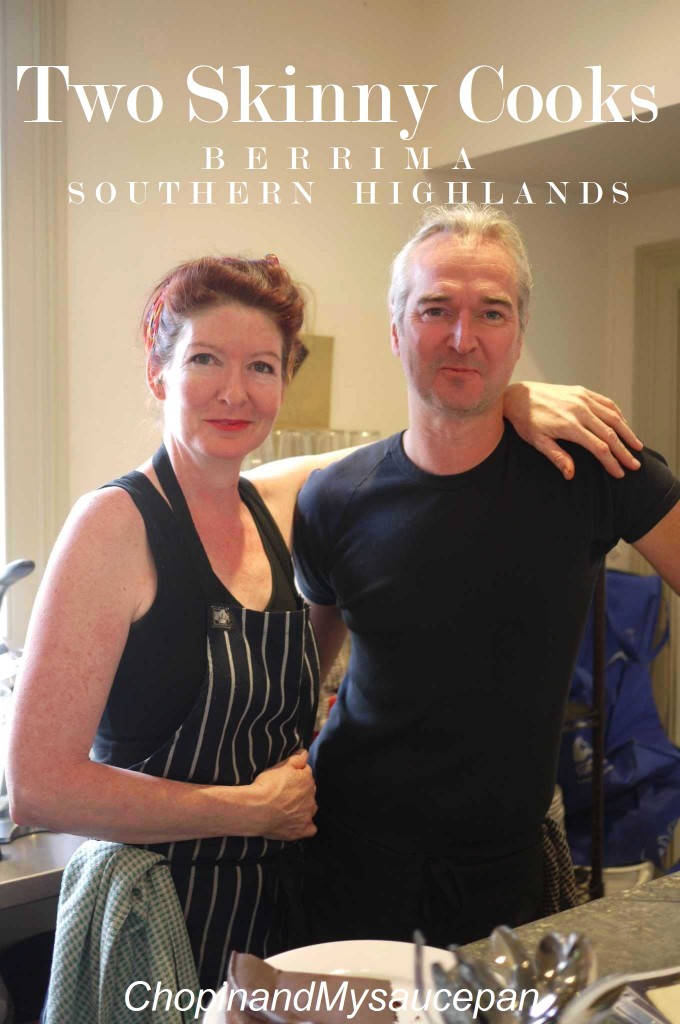
































You know I love Lang Lang, I love Rachminoff, and I love this piano concerto! I would have loved to be there *so much*! 😯
Rachmaninoff is one of my favorite composer…I never get tired of his concerts. Thanks for sharing this beautiful post.
Have a wonderful week
What a wonderful post. Thanks for sharing and helping to enrich our lives thru music!
He is so accomplished at such a young age. For me the work that he puts into his music foundation is just as impressive as his musical gift.
i wanted to see this! but im so broke right now
Hi C & MSP! I am not very talented in music (first, tone deaf. Second my hands/feet are not coordinated.) but I enjoyed reading this post. I barely have knowledge about it… I’m thinking of having my 5-year old son learn piano…but I have no clue about music and I’m not sure how it will work out. We’ll see if he shows interest or not… Thanks for sharing!
he’s so gifted and handsome!
I have very minimal knowledge about music ( except Indian). I don’t remember where but I read about Lang Lang few years ago and thought he wass great for acheiving so much at a young age.
Glad you enjoyed the concert so much.
This is a review of Lang Lang’s performance of Rachmaninoff’s piano concerto no. 2 in C minor on 10 June 2011.
Is it accurate?
http://www.smh.com.au/entertainment/music/flying-fingers-take-drama-to-the-edge-20110613-1g0bv.html
Dear Anonymous
I’m not sure if all these reviewers are musicians and even so, the depth of one major work, eg a symphony, ballet, opera or a piano concerto is a lot deeper if compared in parallel to reviewing say, a 250-day grain fed Wagyu sirloin with red wine jus and breaking each item into its elements.
“Occasionally he was submerged under Rachmaninoff’s billowing waves of orchestration …” – which part / movement is he referring to?
Although the soloist generally takes the lead, in this particular piano concerto, the strings and horns sometimes play the lead role as intended by the composer and the piano must necessarily become more subdued. Lang Lang’s playing on Friday night was generally more subdued compared to his recorded interpretation in 2004 but no less dramatic, as it should be.
“This piece is always under pressure” – I really like this description by Lang Lang because I think he means there is always an impending and perhaps threatening burst of drama throughout the work, whether bright or dark. And if he can describe and articulate it as such, then chances are his playing would also be guided accordingly. Therefore, it is important for a musician to understand and conceptualise these nuances so as to execute it accordingly when actual playing begins.
“… brilliance of finger articulation in rapid passages rather than power… ” is generally true because his playing is technically flawless. At that level, it is more about bringing out the music to be one with the audience. In the sporting arena, this is sometimes referred to as “being in the zone”. In this case of a soloist within an orchestra, getting the music to be one with the audience is as much an important role of the conductor Jahja Ling as it is for Lang Lang.
“Takes it to the edge..” can mean, for example, there were certain phrases where Lang Lang played his solo run relatively slower or some passages louder to the point purists may deem “too slow” or “too loud”. There are certain established conventions, but one can also argue it’s may be because he is trying to articulate the melody, drawing on its innate beauty and communicating this beauty to us in his own unique way where perhaps other pianists have failed to conceive and done so in the past. Lang Lang calls these passages “lyrical moments” in his commentary of the piece.
To draw a parallel, one drinks a supposedly good wine and it taste like it has unusual whisky overtones which appear foreign to wine judges (whom I think are pretty much judging a very subjective field anyway). If one likes that wine, who’s to say the wine is “bad” or not within its “usual character”?
My guidance to non-musicians is to throw these reviews away and try to listen to the “colours” of the music – this means appreciating the different timbre and tone of the strings, brass, percussion and woodwind instruments and how they contrast with each other.
It also helps to close your eyes and try to “see” the images, places, people, emotions and feelings the music evokes within oneself. Does it make you happy, sad, angry, anxious, fearful etc? If you can experience some feeling and emotion, then you are at least connecting with the music and that is an important first step.
The key to greater music appreciation is the depth of connection that one can draw with the music, regardless of our background and experiences. Because of this, music is truly a universal language.
The opera house looks so glorious lit up like that. You’re so lucky to have experienced that amazing performance.
Oh dear, how come some amazing people get so much talent?
My darling daughter’s piano teacher confessed to me after 3 yrs tuition that she ‘felt guilty takeng my money’ as my darling had no musical talent at all. I said I didn’t blame her, and we’d keep up the lessons as long as she was having fun
Maybe Lang Lang could give her some tips?
What a GREAT post on music. I enjoyed it very much. Both my hubby and my son are music lovers. There is always music in my home:D Thanks so much for sharing this wonderful post with us.
Great post!
I love the music- Rachmaninoff , Lang Lang and Frank Sinatra- what a whimsical grouping!
And I think your pictures of the Opera House are just beautiful!
Thanks so much for sharing your experience- it made my life a little fuller!
Great post Chopin! I can tell your heart and soul is in it. So glad you enjoyed it
Argh, purists! Music, like food, is so subjective, how can there only be ONE universally correct interpretation of a piece?
I’ll admit, in music, classical is not my forte (no pun intended), but I can appreciate the talent and hard work that goes into writing and playing a piece like Sergei Rachmaninoff’s piano concerto no. 2 in C minor. And that seven year old blew me away!
awesome post! i went to langlang’s concert on tuesday when he was playing Tchaikovsky. his encore was Liszt’s piano transcription of Schumann’s song Widmung (Dedication). amazing pianist but im still pretty cut that he won’t take a photo with me